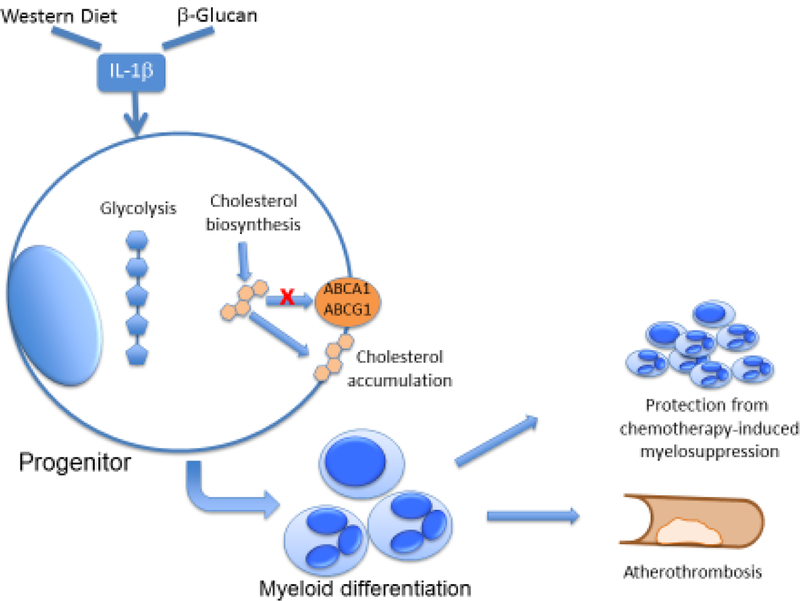Figure 2. Trained immunity in HSPCs in mice.
Western-type diet and microbe-derived stimuli (e.g. β-glucan) linked to trained immunity can induce the upregulation of pro-inflammatory cytokines, such as IL-1β, which trigger metabolic changes, particularly alterations in glucose and lipid metabolism in HSPCs. Cholesterol accumulation in HSPCs, for instance due to its increased biosynthesis or due to decreased cholesterol efflux through exporters such as ABCA1 or ABCG1, can drive myeloid differentiation bias. These alterations in HSPCs associated with trained immunity can mediate on the one hand, a hematopoietic improved response to chemotherapy, and on the other hand, may promote atherosclerosis and cardiovascular inflammation.

